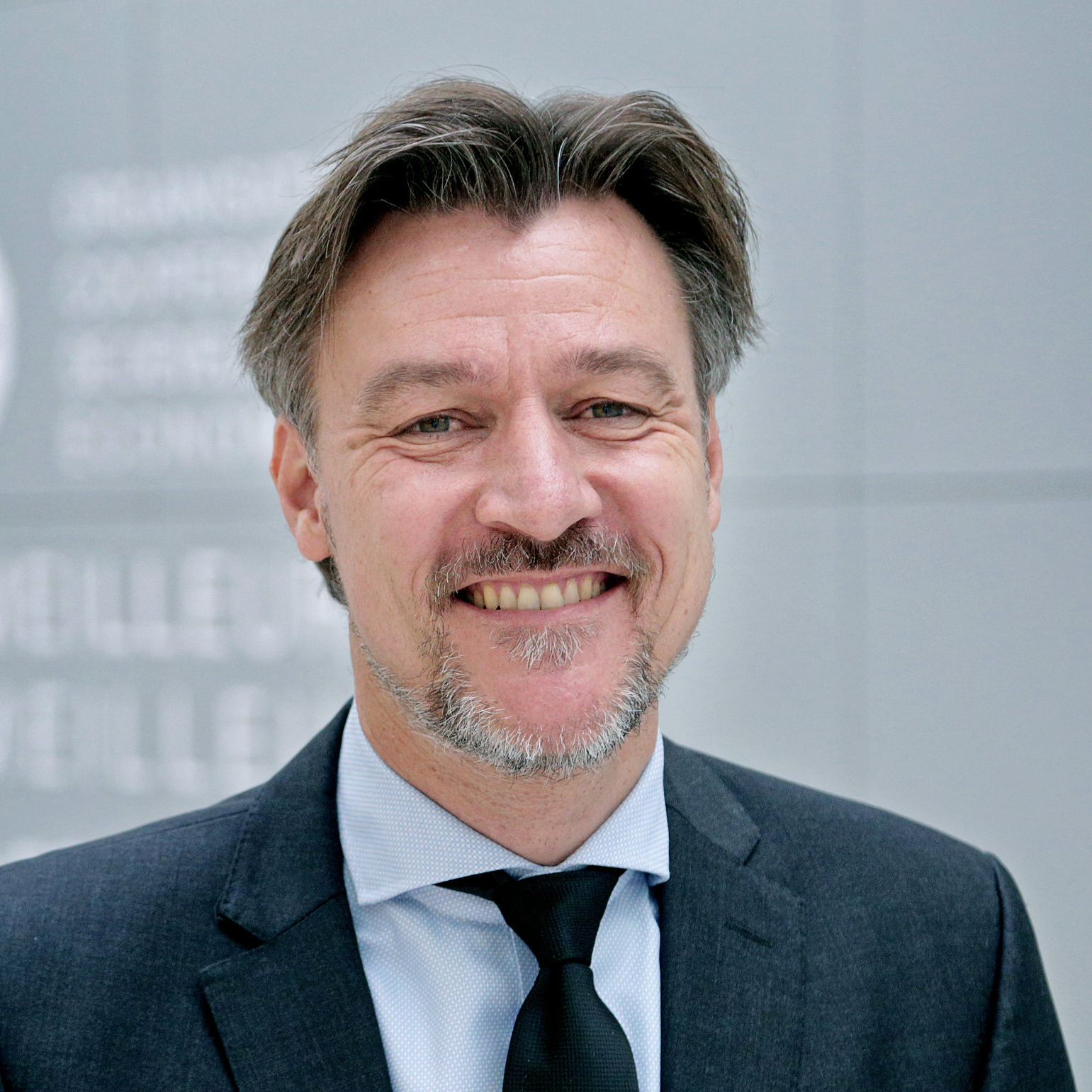
This meeting marks eight years since the United Kingdom hosted the first-ever G8 Dementia Summit in London. The Summit brought much-needed attention to a pressing problem. But since 2013, the urgency of addressing dementia has only continued to grow. Around the world, more than 55 million people are living with dementia, including more than 21 million in OECD countries. A person still develops dementia every three seconds. As we highlighted in our policy brief Renewing Priority for Dementia: Where do we Stand, so much can be done to improve the lives of people living with dementia that health systems are not yet delivering – even without a cure. On the eve of the last World Dementia Council summit in London in December 2018, it was our hope that we could look back in five years and report major progress and breakthroughs in caring for and treating dementia.
Three years on, where do we stand? There is no question that over the last three years, the landscape has changed. Earlier this year, we saw the approval of a treatment for a major form of dementia, through the FDA’s approval of aducanumab for Alzheimer’s patients in the United States. There is no question that the approval has drawn attention to the major challenges – both in terms of preparedness for absorbing a treatment, and the cost implications associated with a breakthrough therapy – that face health systems in the years to come.
Over the last two years, the COVID-19 pandemic shined a light on many of the longstanding problems in long-term care. We saw that too often, the long-term care sector and people living with dementia were overlooked or under-prioritized both in pandemic preparedness and response, with devastating effects for both the people who receive long-term care and the workers who deliver it. Too many of the policies adopted at the start of the pandemic to control the virus were put in place without sufficient regard for how they would impact people living with dementia, and developed without including the voices of the very people they would affect.
At the same time, we have seen important progress made in strengthening data governance and linkages in the health sector. Despite the challenges of the COVID-19 pandemic, the speed at which we have seen health systems take up digital tools and technologies during the crisis has been encouraging. And we have seen significant progress towards better global collaboration and data sharing for dementia specifically. These developments represent an enormous opportunity to accelerate progress towards better treatment and care.
We are at a crucial point in the global fight against dementia. The global response we have seen develop and strengthen in recent years is too valuable to squander. We must build on this momentum to ensure that people with dementia, their families and their carers receive the highest quality of care, and continue to promote efforts into data sharing and research that will lead to effective treatments against this devastating condition. The OECD is committed to working with our international partners, governments, civil society and the private sector to join forces in the fight against dementia.
__________
Ulrik Vestergaard Knudsen is Deputy Secretary General of the OECD